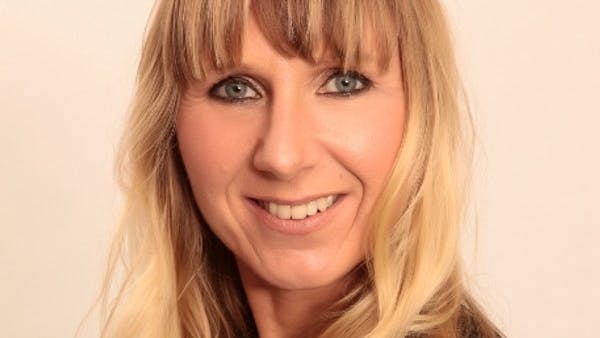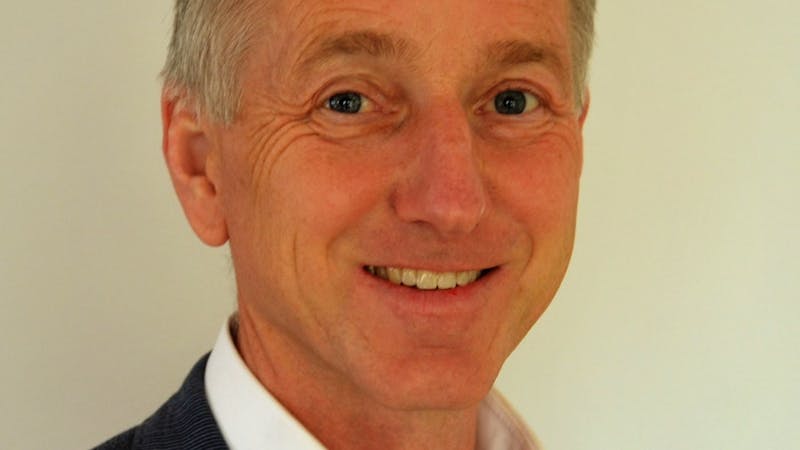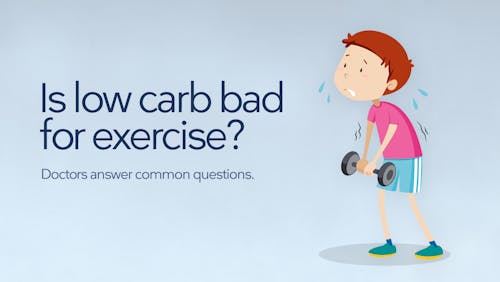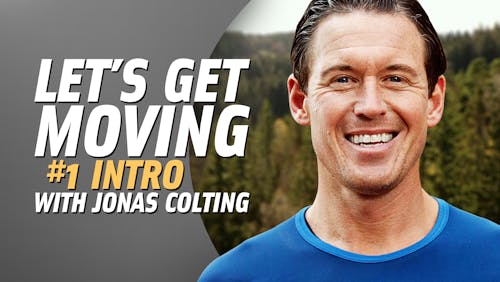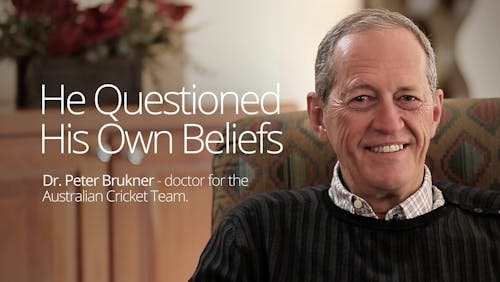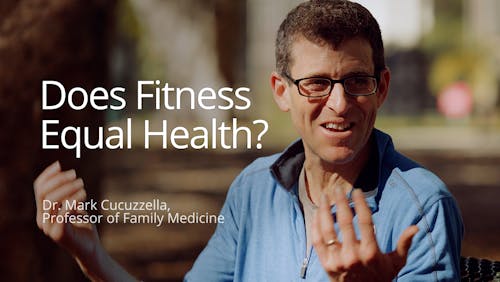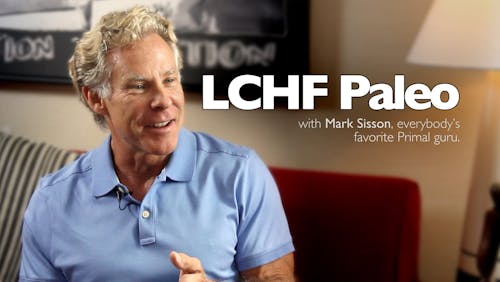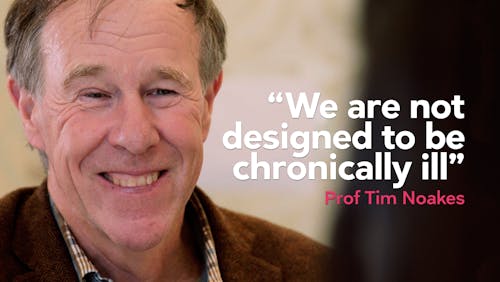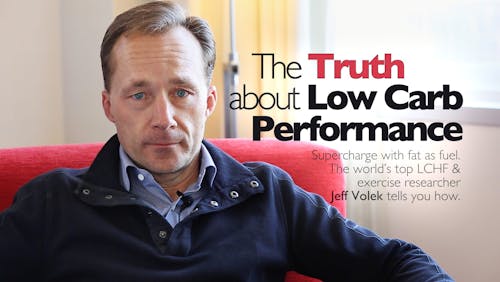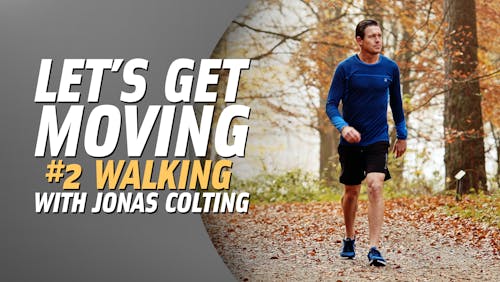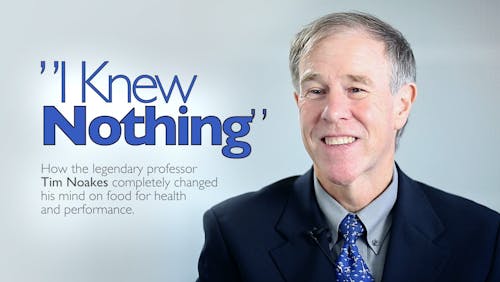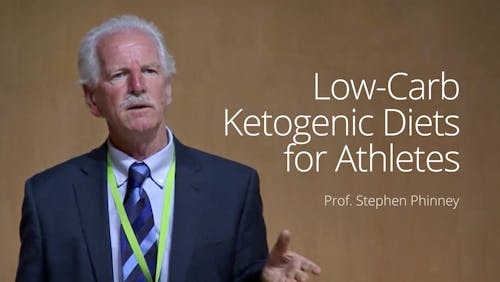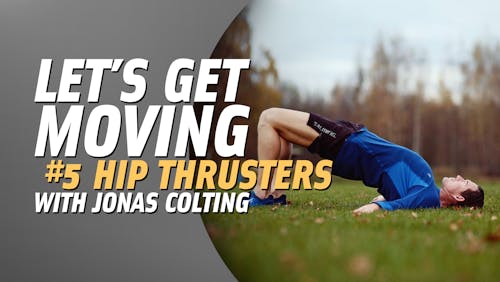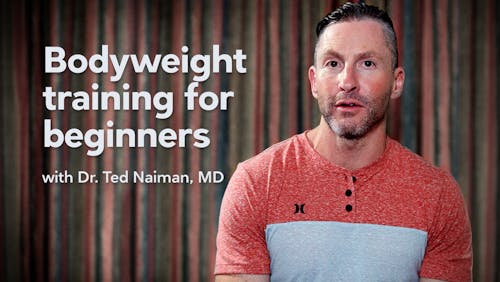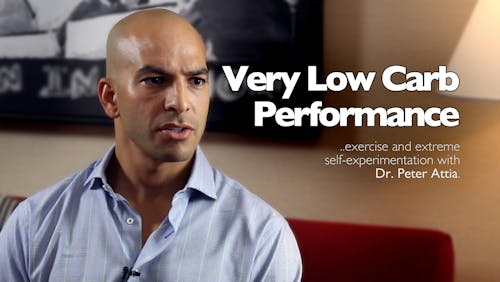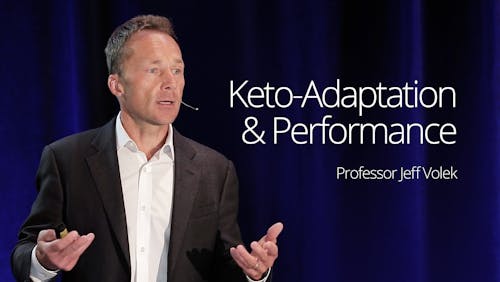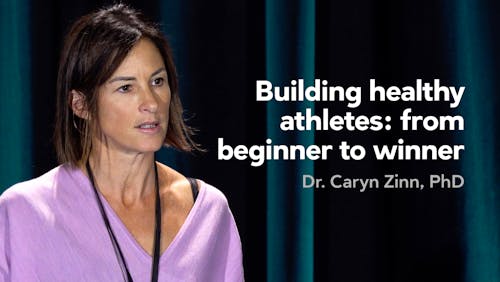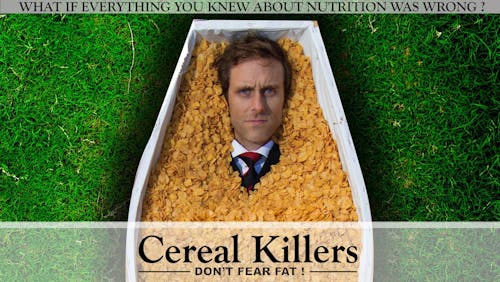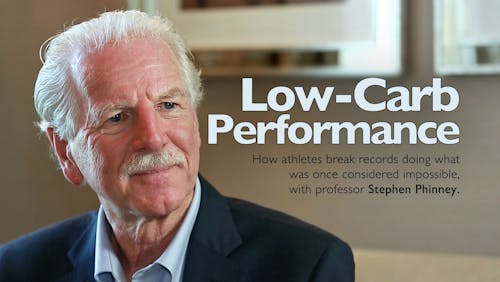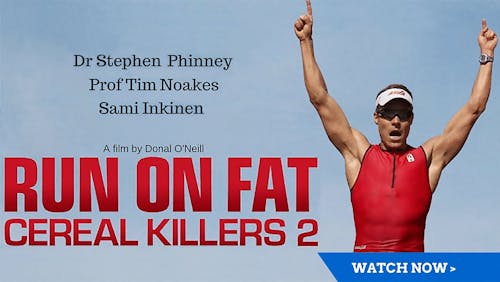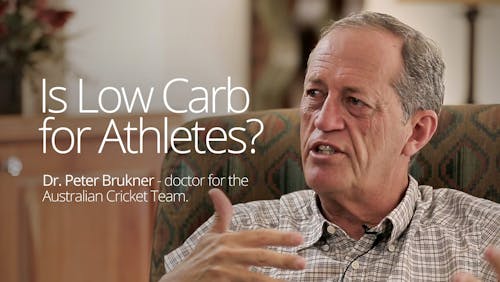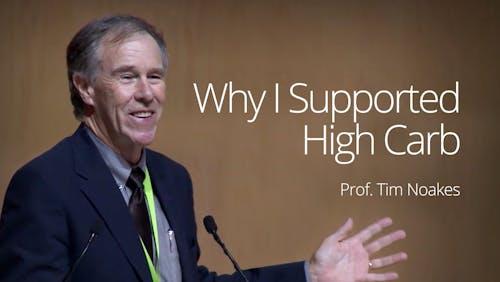UK team completes a 100-mile, five-day run with no food
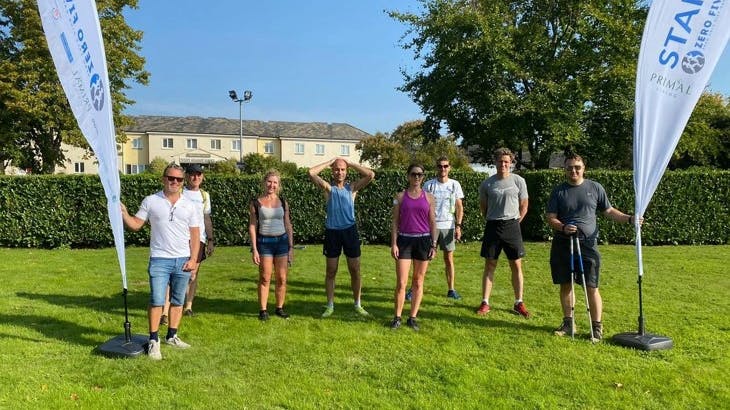
Can our stores of body fat alone safely fuel a feat of athletic endurance — a 100-mile run — that lasts five days, with no food ingested the entire time?
The answer seems to be yes — even for those with type 1 diabetes.
That’s what a recent, medically supervised experiment in the UK found. Eight runners, including a famous Olympic medalist, completed what amounts to a marathon a day, over five days, consuming zero calories and running in a completely fasted state for the entire time.
The project, dubbed ZeroFive100, was organized by Dr. Ian Lake, a general practitioner with type 1 diabetes who advocates a low-carb or keto diet for better blood sugar management.
Dr. Lake has been featured in videos and as a health provider on the Diet Doctor site. He is also behind a new website, type1keto.com which helps people with type 1 diabetes do a low-carb or keto diet safely and effectively.
Dr. Lake said he planned the experiment to disprove myths about the need for the body to ingest carbs to be able to function properly. The goal was to help remove obstacles and medical objections to low-carb options being offered to those with type 1 or type 2 diabetes in health care settings.
“I designed a project that would take low carb to the extreme limit so that, if it confirmed what I thought, then it would easily translate into real-world situations,” Dr. Lake said, who cautioned that others should not try this without medical supervision.
“This project required careful planning over several months and no one in the group intends to repeat it,” he said.
Dr. Lake’s seven teammates were all low-carb advocates, including Trudi Deakin, PhD, RD who is also featured in videos and as a low-carb provider on the Diet Doctor site. Other participants included Dr. Ali Ibrahim, a consultant psychiatrist and specialist in pediatric eating disorders, Gayle Gerry a nurse specializing in diabetes, Jon Furniss, an engineer with type 1 diabetes, Steve Bennett, an entrepreneur, and Jake Thompson, another entrepreneur.
While knee and joint pain, as well as insomnia, were all common, all of the participants said they felt energetic, clear-headed, and happy with surprisingly little hunger the whole time.
Dr. Lake noted on Twitter that each of the participants was already fat-adapted, from a few weeks to years. Deakin for example has been eating a keto diet for more than six years.
Dr. Deakin told Diet Doctor: “I have not had more than 50g carbs per day since April 2014. I found the challenge surprisingly easy. So the length of time being in nutritional ketosis may have something to do with that!….I’ve had no muscle aches, pains, or cramps during the challenge and no recovery time was required. I leapt out of bed the morning after I returned home.”
The most well-known participant was Olympic gold medalist James Cracknell. And he was the one who drew the most media attention, for good and ill.
The first media coverage of the event was published on day two of the run, with the focus solely on the high-profile Cracknell.
When the run was finished, a highly critical article in the Daily Mail on Sunday also singled out Cracknell and called the run a “daft stunt.” The article quoted mainstream health professionals who labeled the run as reckless, irresponsible, and an undertaking that could endanger lives and “encourage eating disorders.”
Daily Mail On Sunday: Was James Cracknell’s 100 mile, five days, no food run the daftest stunt ever?
Both Drs. Lake and Deakin told Diet Doctor that such criticisms simply show how much ignorance persists about how fat-adaptation works and about the enduring myth that carbs must be consumed for health.
Said Dr. Deakin: “Comments such as this was ‘a really, really stupid idea’ are clearly made by those who do not understand the process of being in nutritional ketosis or being fat adapted. The body does not struggle to use fat for energy if the individual is fat adapted. …I was not running on empty as I have 129,000 calories of fat stored in my body!”
Other common concerns, which the run disproved, said Dr. Lake, is that fat-burning, or being in a state of nutritional ketosis, puts people with type 1 diabetes at risk of diabetic ketoacidosis and that if you are a person with type 1 diabetes taking insulin you must consume glucose.
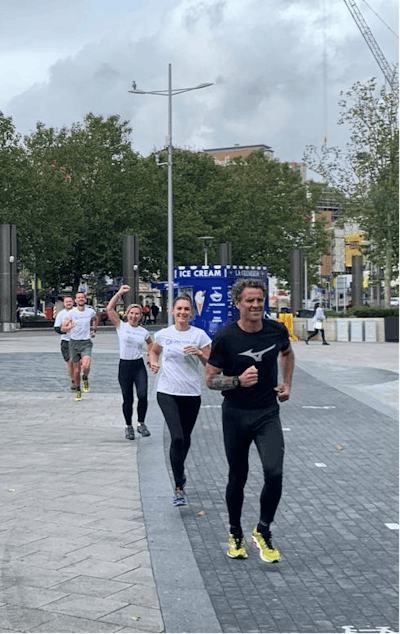



A detailed series of metabolic tests, blood tests, and other health markers were collected from all of the participants each day, including body weight, ketones, body composition, cortisol levels, and more. All wore a continuous glucose monitor. These health markers will be closely analyzed and results published. A documentary film is also being produced.
One of the surprising findings is that most of the participants by the third and fourth day had what would be considered very low blood glucose readings, averaging below 3.0 mmol/L (54 mg/dL) with virtually no symptoms of hypoglycemia.
For example, on the fourth and fifth day, Deakin’s blood glucose averaged 2.7 mmol/L (47 mg/dL). “ I had absolutely no ill effects from this – no headache, no shakes, no fatigue, no dizziness, no hunger pangs, no sweating, etc. That’s why I say in my blog that perhaps we need to refine the “normal range” [of glucose] for people who are fat-adapted!”
Again, the participants stressed that no one on the team is advocating that anyone undertake such a project themselves, nor are they advocating that this was an optimal or desirable form of athletic activity.
“It was an experiment in metabolic performance,” notes the ZeroFive100 website.
